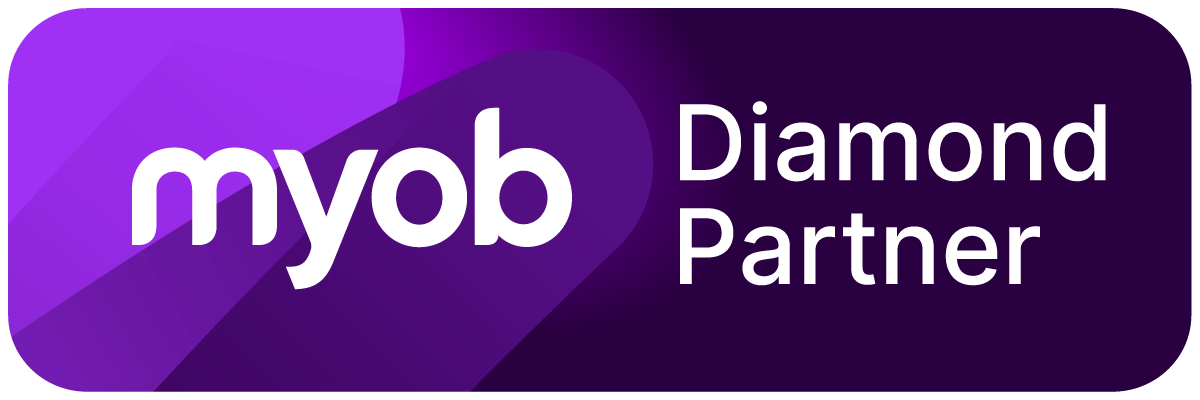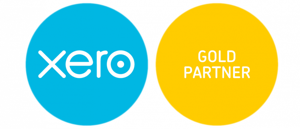I have always believed the hardest part of any business is getting the right team in place and keeping them there.
This has got a whole lot harder with a new phenomenon termed “The Great Resignation.”
It is widely believed that the Covid pandemic has been a catalyst where people’s attitudes toward their work have changed as they re-evaluate their life and their work/life balance.
A recent New Zealand survey suggested that just under half of employed New Zealander’s were grateful to have a job and just over a third enjoyed going to work most days.
We now have an unemployment rate of 3.2%. Industries like hospitality and horticulture have suffered badly with a lack of workers while other industries like construction have tried to balance an endless workload with a lack of both skilled and unskilled workers.
Economists are now predicting a net migration deficit as our borders begin fully re-opening. There is a view that although migrant workers will be able to come to New Zealand and expats return, we will also see an outflow of New Zealander’s looking to travel and work overseas.
We also need to keep in mind our current Government has been firm in its policy of not allowing a return to immigration at the levels before they took office.
Traditionally, there was a real emphasis on employee rates of pay. If you gave an employee a pay rise it was felt that this ensured their loyalty for another year. While this remains important, particularly with the rapidly increasing cost of living, employers need to look beyond just pay to recruit and retain team members.
Ensuring your team are busy and motivated can avoid stagnation and remove the inclination to review job vacancy advertisements. Providing opportunities to upskill and demonstrating promotion from within the organisation tell existing and potential team members they have a real chance of a long-term career in your business. It may also be that long standing team members find fresh enthusiasm mentoring and training younger team members.
A focus on your team’s health and wellbeing can say how much you care about your people.
People’s personal lives do matter and often there is an inevitable crossover from home to work. Mental health days could be an effective tool to address this and bring stability back. It may also be as simple as acknowledging birthdays, achievements outside work or just the hard work your people are putting in.
People like to be heard and can offer invaluable insight on how they can do their jobs better. Regular catch ups, whether they are formal or informal are great tools for this. There is no better way to establish a culture of inclusivity than making people feel they are genuinely listened to and appreciated.
Flexibility is something that we were forced to learn from Covid-19, so keep an open mind. When done well, working from home can improve productivity. Many businesses are now either adopting or considering adopting four-day workweeks. A New Zealand trial found productivity increased 20%, staff satisfaction improved, and stress levels decreased.
Review your recruitment advertising and emphasise personal qualities and attributes over technical skills and qualifications. Be open to potential; your future rock star may just need a little training and encouragement. Schools and universities can be great sources for entry level positions.
I am a firm believer that in every crisis there is an opportunity. Get your people and culture right and you will put yourself in prime position to gain some great talent unhappy in their current positions.




